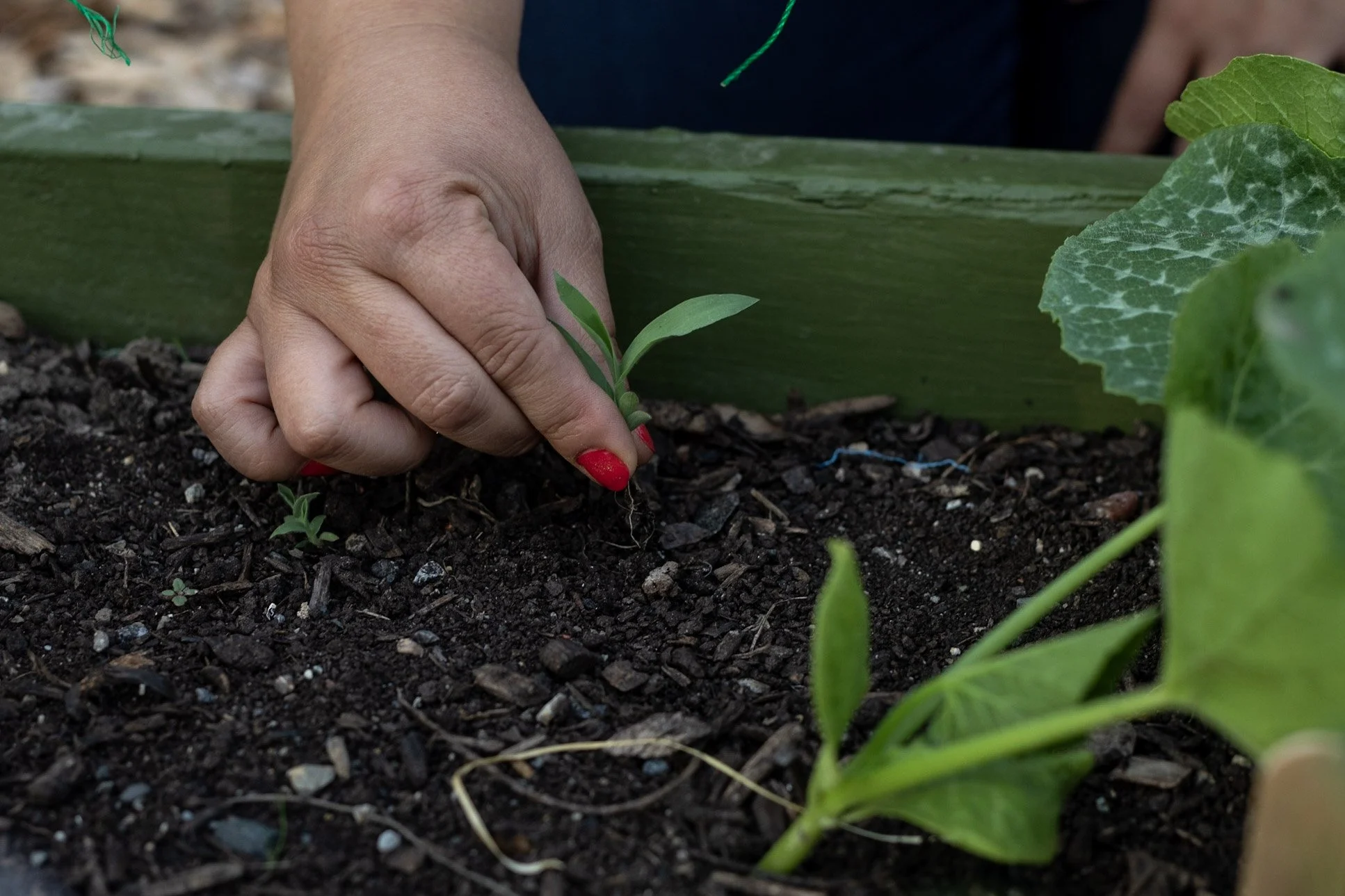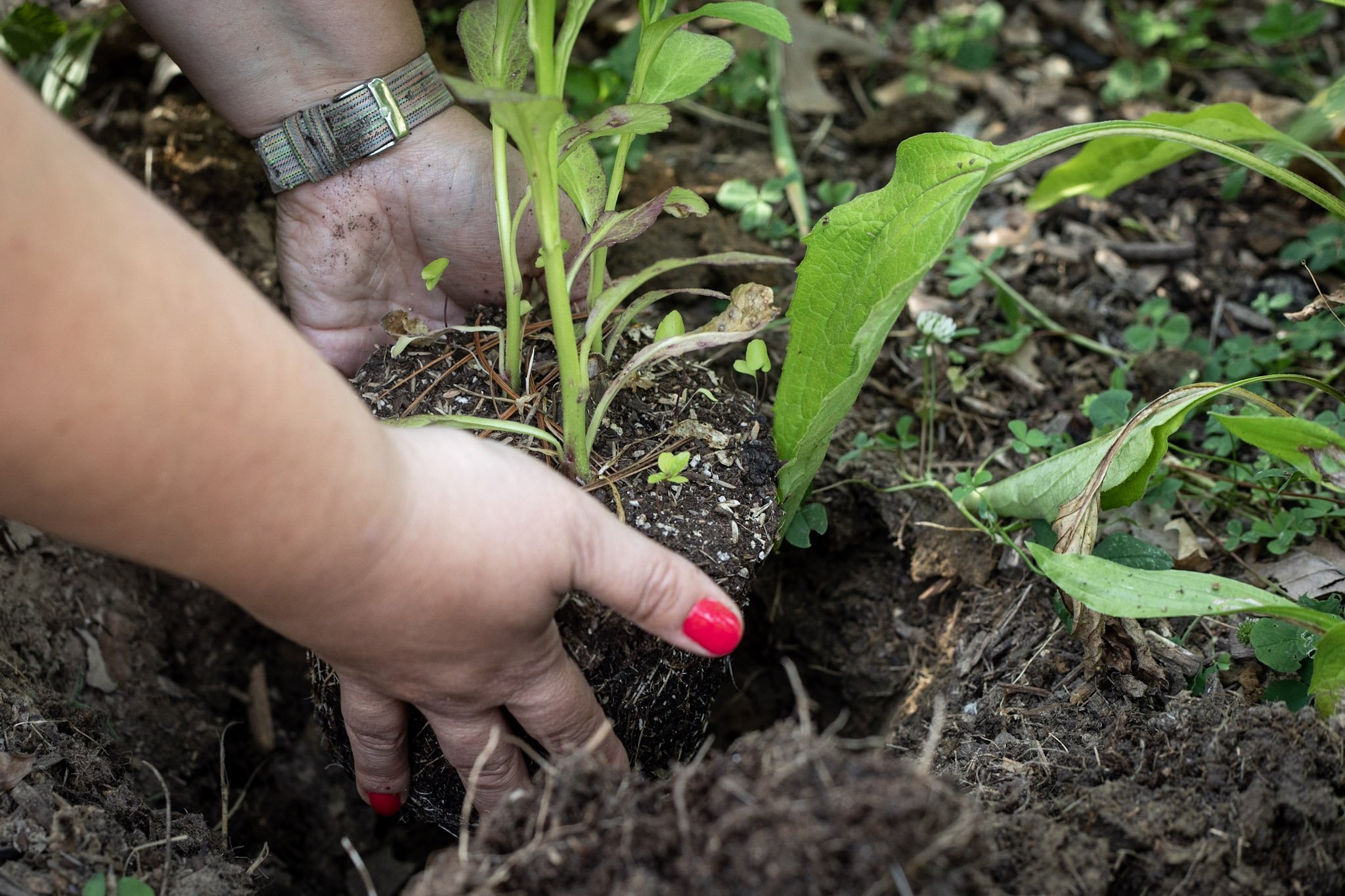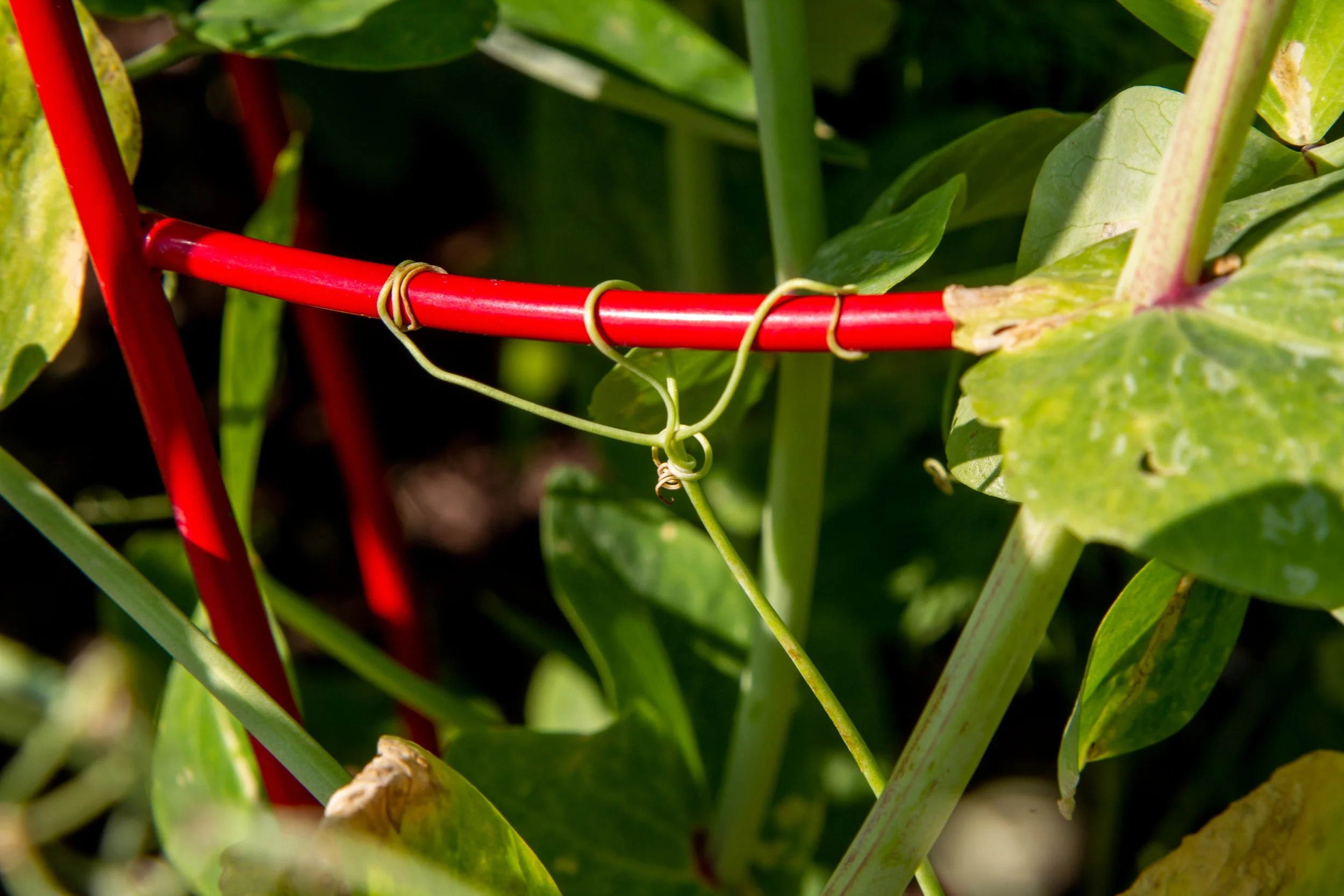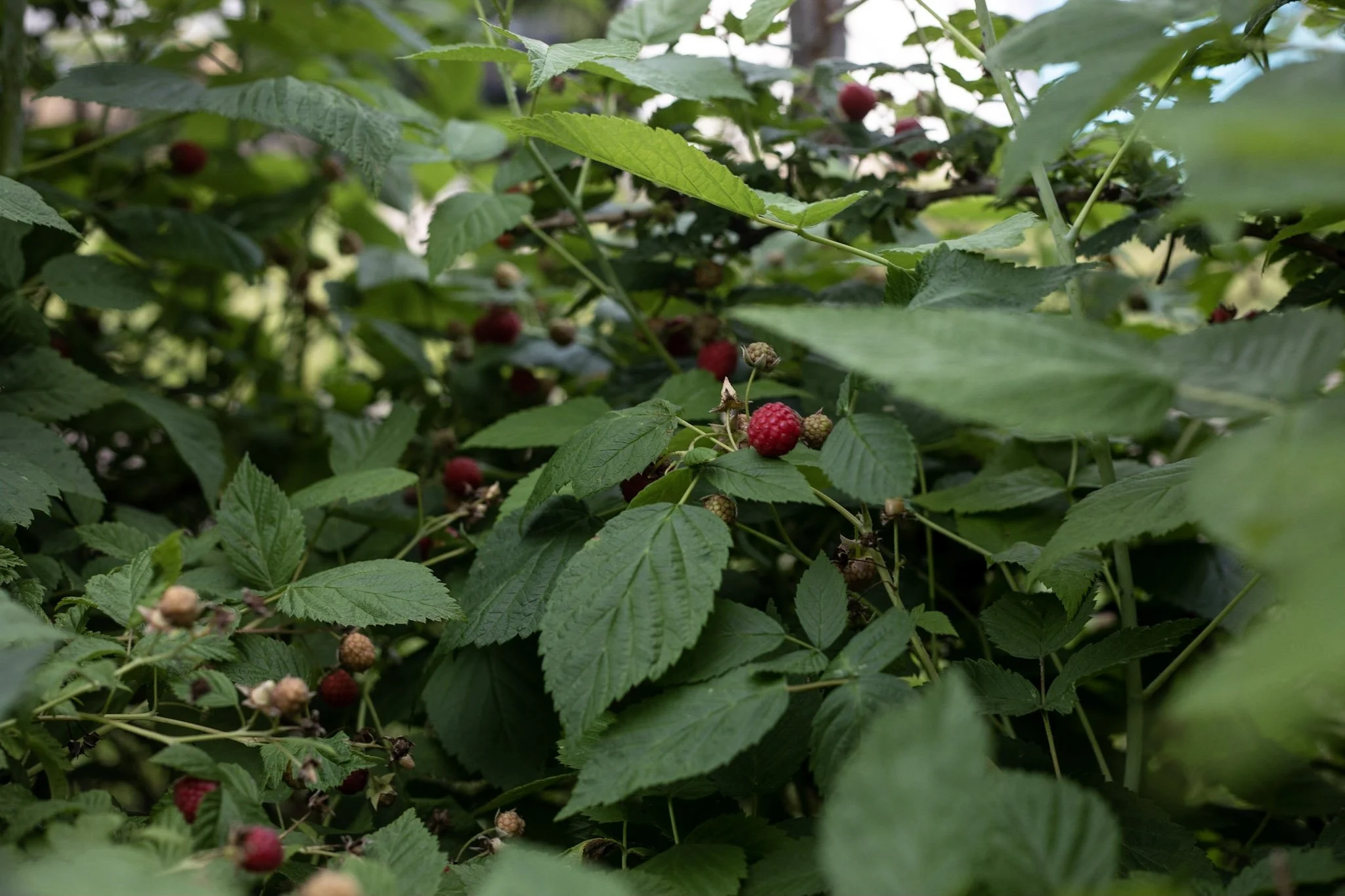What We Do
Our approach to building resilient teams is best understood using a metaphor of gardening. There are four phases - creating rich, nourishing soil; plant a diverse and cohesive set of plants who will thrive in your environment; provide structure to support growth and weather storms; and embrace the joy in what works and compost what doesn’t.
Create rich, nourishing soil
Everything starts with the right foundation. Are we clear on what this unique group of people values? Do we share an understanding of the importance of challenging systemic oppression? Do we know how we are going to have conflict and give feedback to each other? This part of the work is about making the implicit explicit, so that people can settle in, not having to worry about how it’s going to go here. It’s something we do in big ways when we get started, and routinely have to come back to as we grow, to make sure we’re nourishing our team fully.
This looks like:
Defining values | Establishing practices for generative conflict and routine feedback | Understanding and resisting White Supremacy Culture
Cultivate a diverse and cohesive ecosystem that will thrive in your environment
Who you bring into your team matters. How you bring them into your team and support them matters, too. Each of us – especially those of us with more societal privilege – brings with us biases about the right and wrong ways to do things. There are specific tools and practices you can use to help you identify the kind of people who will thrive on your team, and set them up for success. And you have to proactively and regularly look out for the weeds of white supremacy and capitalism, which each of us are influenced by and threaten to crowd out healthy growth.
This looks like:
Inclusive hiring training | Project managing equitable hiring processes | Designing onboarding programs | Coaching white leaders around untangling ourselves from white supremacy culture | With BIPOC collaborators, deep and long-term equity/anti-racism work
Provide structure to support growth and weather storms
Strong teams are built on trust, which is built on relationships. We can’t expect conflict, feedback, and disagreement to be successful if we don’t make time to build relationships with each other or provide support to do that well. Teams also need strong, clear, justice-centered policies – around management, around HR policies, around performance – that provide clarity and comfort around what people can expect here, no matter what they’ve experienced elsewhere. And at the smallest level: how do we use email here, vs phone calls, vs DMs? Getting clear on this can work wonders for avoiding frustration.
This looks like:
Retreat facilitation (virtual and in person) | Relationship building activities for remote teams | Training and coaching on management and trust-building | Values-aligned policy development | Communication Norms
Embrace the joy in what works and compost what doesn’t
We put all this work into tending for our teams, and we can make sure we keep growing and doing better if we take time to debrief and learn what is working and what needs to be changed. We should look at our soil - are our values still being embodied, and where are we falling short? Are we bringing in the right people, who help add to our culture and mission? What kind of support are we providing for people to grow as individuals, for relationships to deepen, and for our organization to learn and improve?
This looks like:
Developing individual and team-level feedback, evaluation, and debrief structures | Coaching for senior leaders | Senior leader 360 evaluations | Supportive and kind organizational endings





